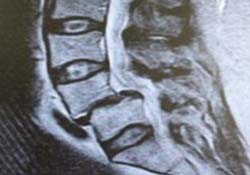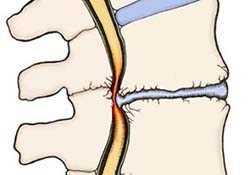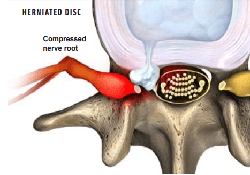Modern spine care is the effective and safe combination of evidence-based diagnostic and surgical techniques and different patient-specific solutions providing the best outcome for the patients.
Highly educated spine surgeons use modern, safe diagnostic tools to find the source of complaints, patient-specific approach for the decision on treatment and evidence-based spinal surgical techniques to cure the patient. In spine surgery, only the life-long learning process can provide the up-to-date knowledge and appropriate level of skills for the clinician. Complication rate, objective and subjective treatment outcome and patient-satisfaction together characterize a surgical practice.
Segmental instability
Each spinal segment is like a well-tuned part of a machine. All of the parts should work together to allow weight bearing, movement, and support. A spinal segment is composed of two vertebrae attached together by ligaments, with a soft disc separating them. The facet...
Spinal stenosis
Spinal stenosis is a narrowing of the spaces within your spine, which can put pressure on the nerves that travel through the spine. Spinal stenosis occurs most often in the lower back and the neck.Some people with spinal stenosis may not have symptoms. Others may...
Disc herniation
A herniated disk refers to a problem with one of the rubbery cushions (disks) between the individual bones (vertebrae) that stack up to make your spine. A spinal disk is a little like a jelly donut, with a softer center encased within a tougher exterior. Sometimes...



